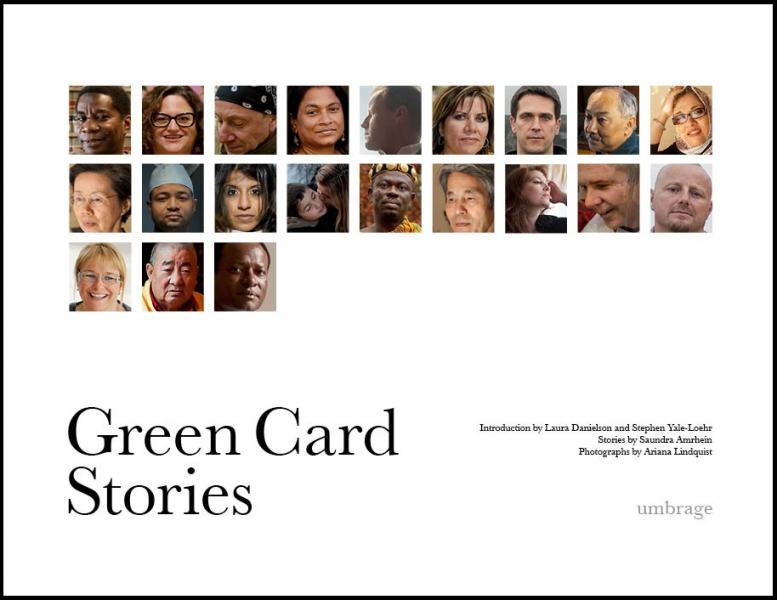Published on Sun, Apr 08, 2012
TOPEKA — Kansas hasn’t adopted an Arizona-like immigration law, but several current and former elected officials from Kansas have chosen sides as the issue goes before the U.S. Supreme Court.
The court will hear arguments April 25 in the legal battle between the state of Arizona and the federal government over the immigration law known as Senate Bill 1070.
Kris Kobach, a Republican who before being elected Kansas secretary of state gained national attention by pushing tough anti-immigration laws, helped write SB 1070. The measure was adopted by the Arizona Legislature and enacted by Gov. Jan Brewer in 2010.
The law contained a number of controversial provisions that are now front and center before the Supreme Court.
One of the most controversial requires local police in Arizona to determine the immigration status of anyone stopped if there is a reasonable suspicion that the person is in the country illegally.
The Justice Department says regulating immigration is the job of the federal government, not the states. Officials in Arizona, a state bordering Mexico, say the feds haven’t done their jobs and that is one of the reasons for SB 1070.
In addition to legal briefs from the specific parties in the case, the Supreme Court has received approximately 40 legal briefs from others who support and oppose SB 1070, according to a report completed by the Immigration Policy Center, a nonpartisan group whose mission “is to shape a rational conversation on immigration and immigrant integration.”
Kansas is one of 16 states that have signed on in support of SB 1070. That decision was made by Kansas Attorney General Derek Schmidt, a Republican. Schmidt’s office says he supports preserving powers of states to promote public safety. His office said Kansas has not spent any money in the litigation.Read more...
Published in the Lawrence Journal World



